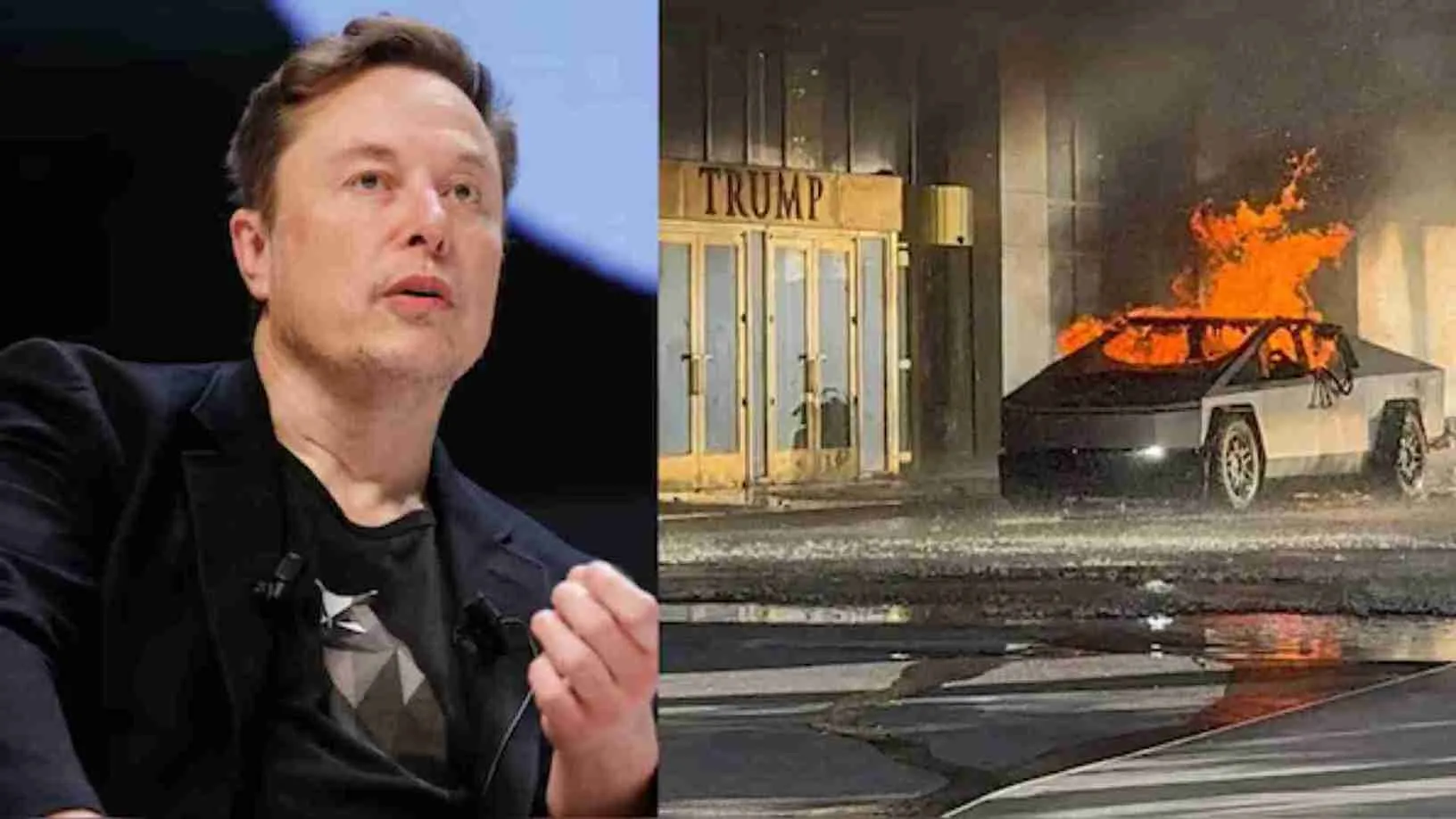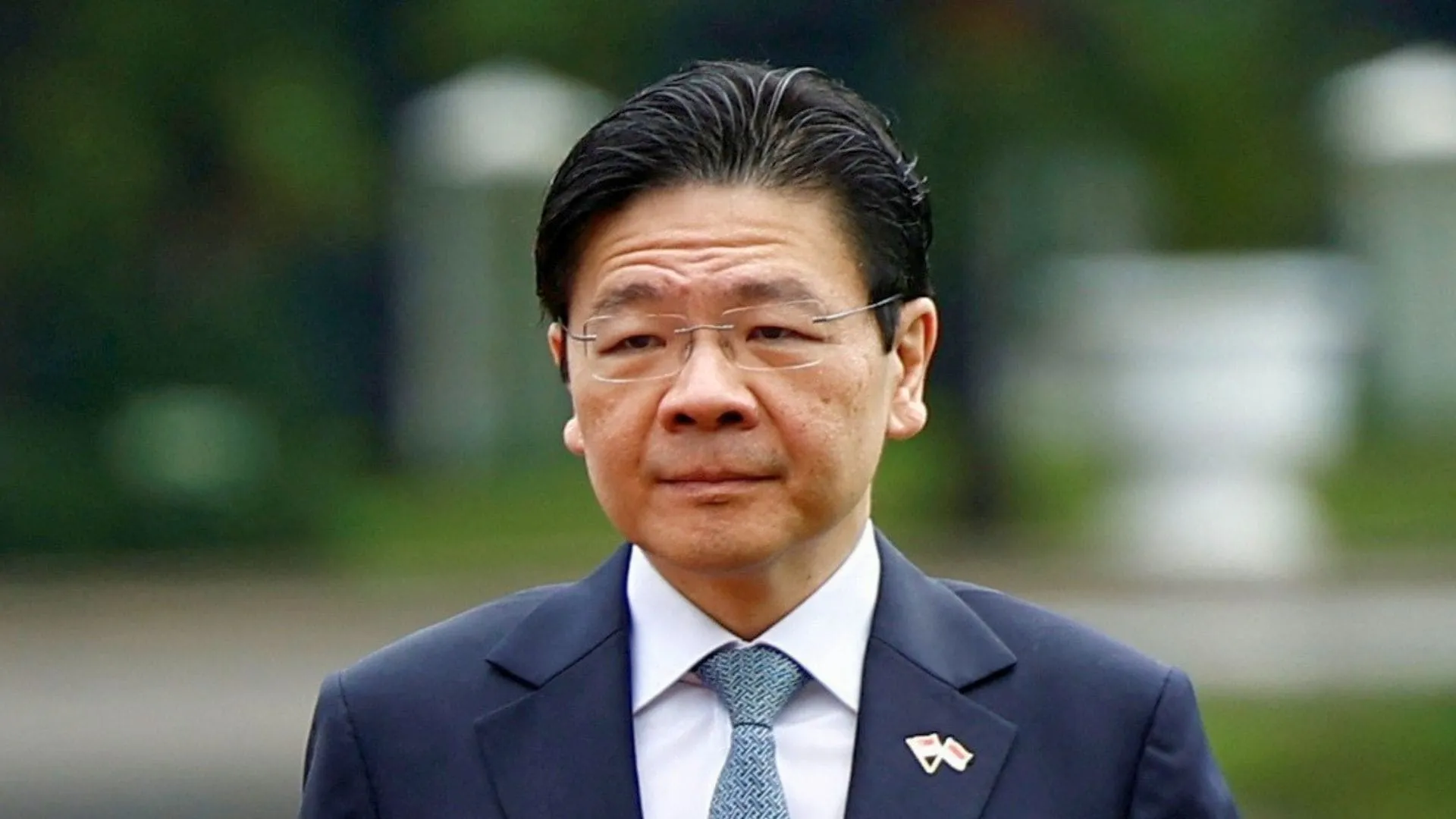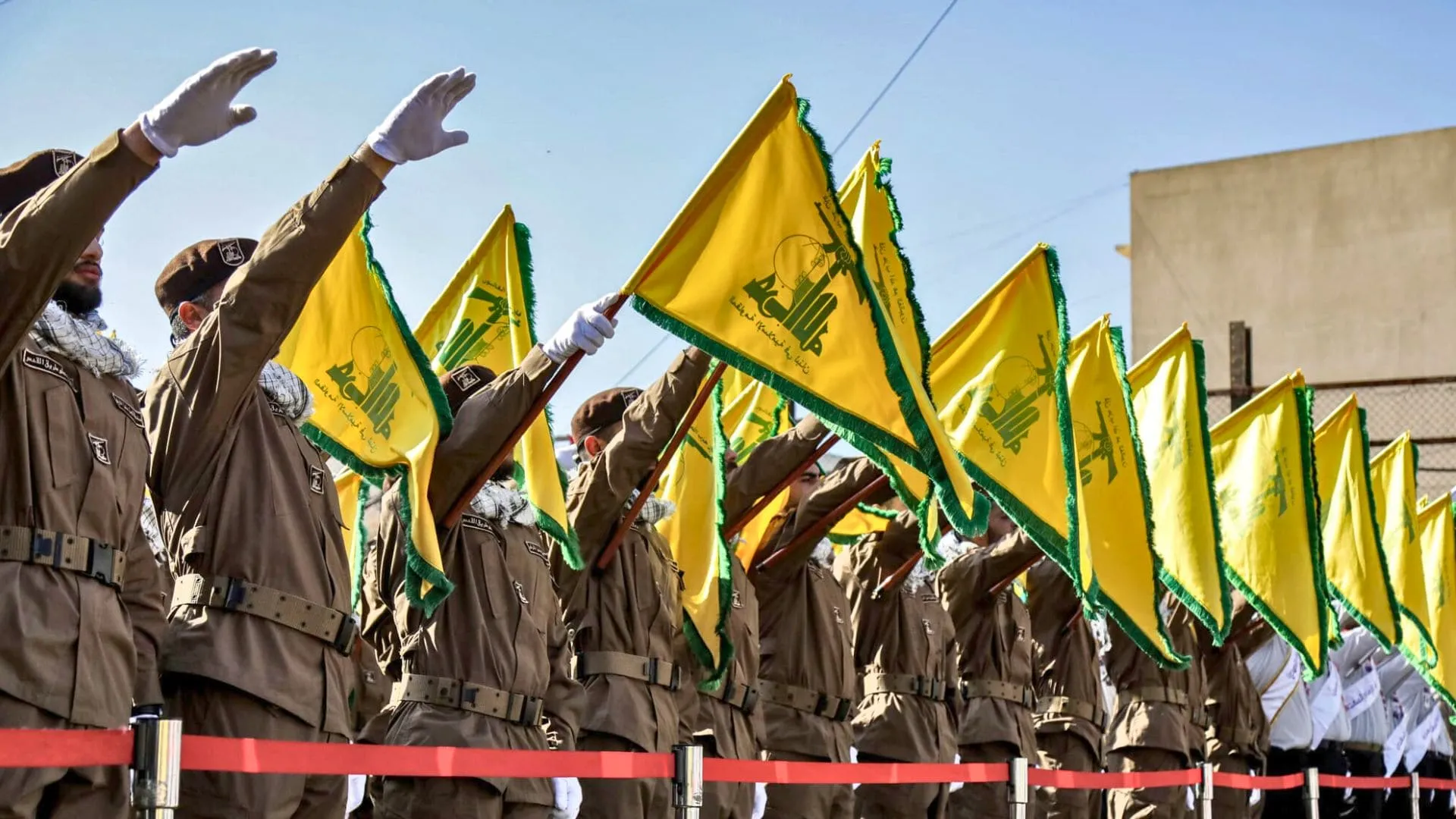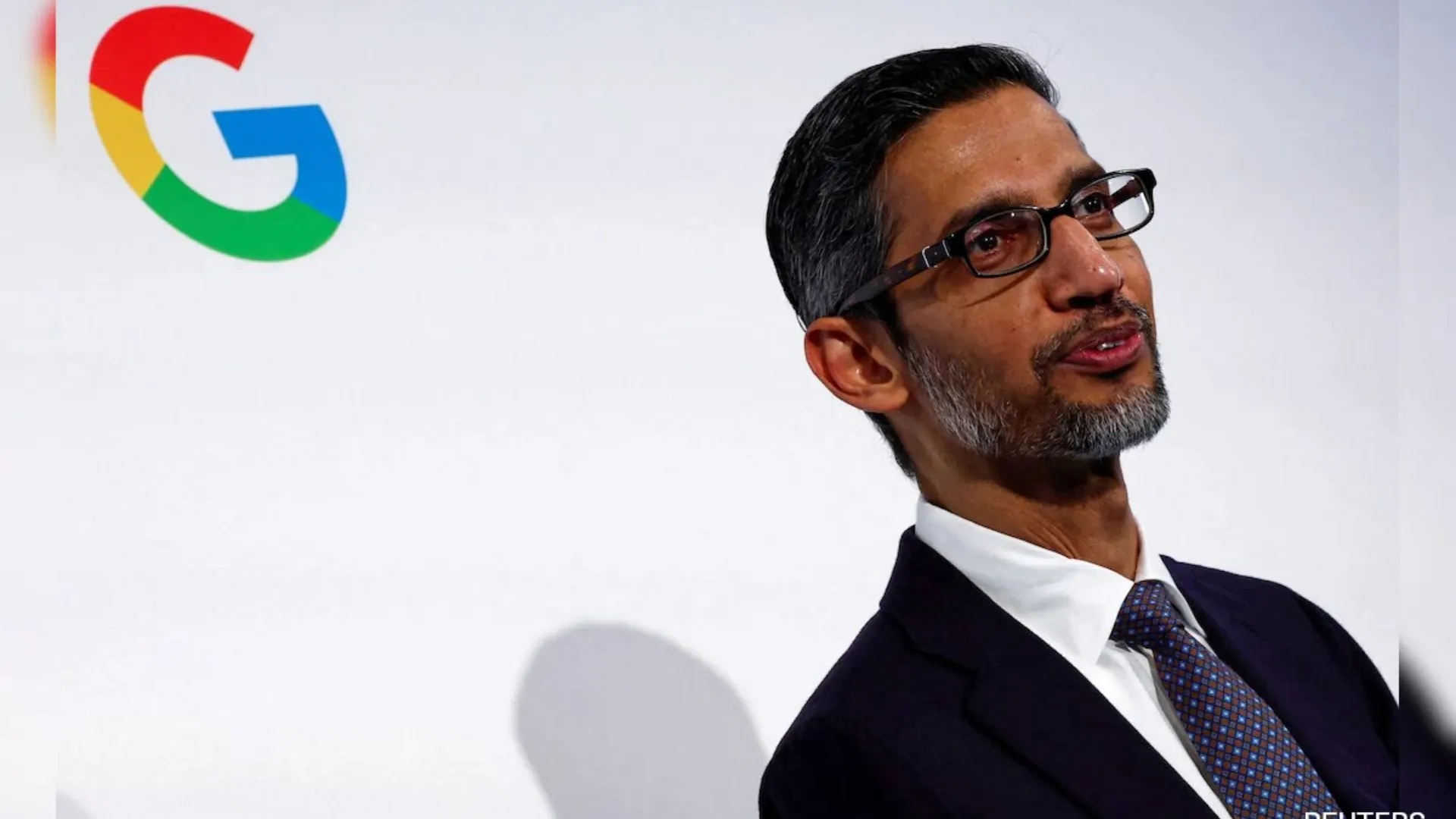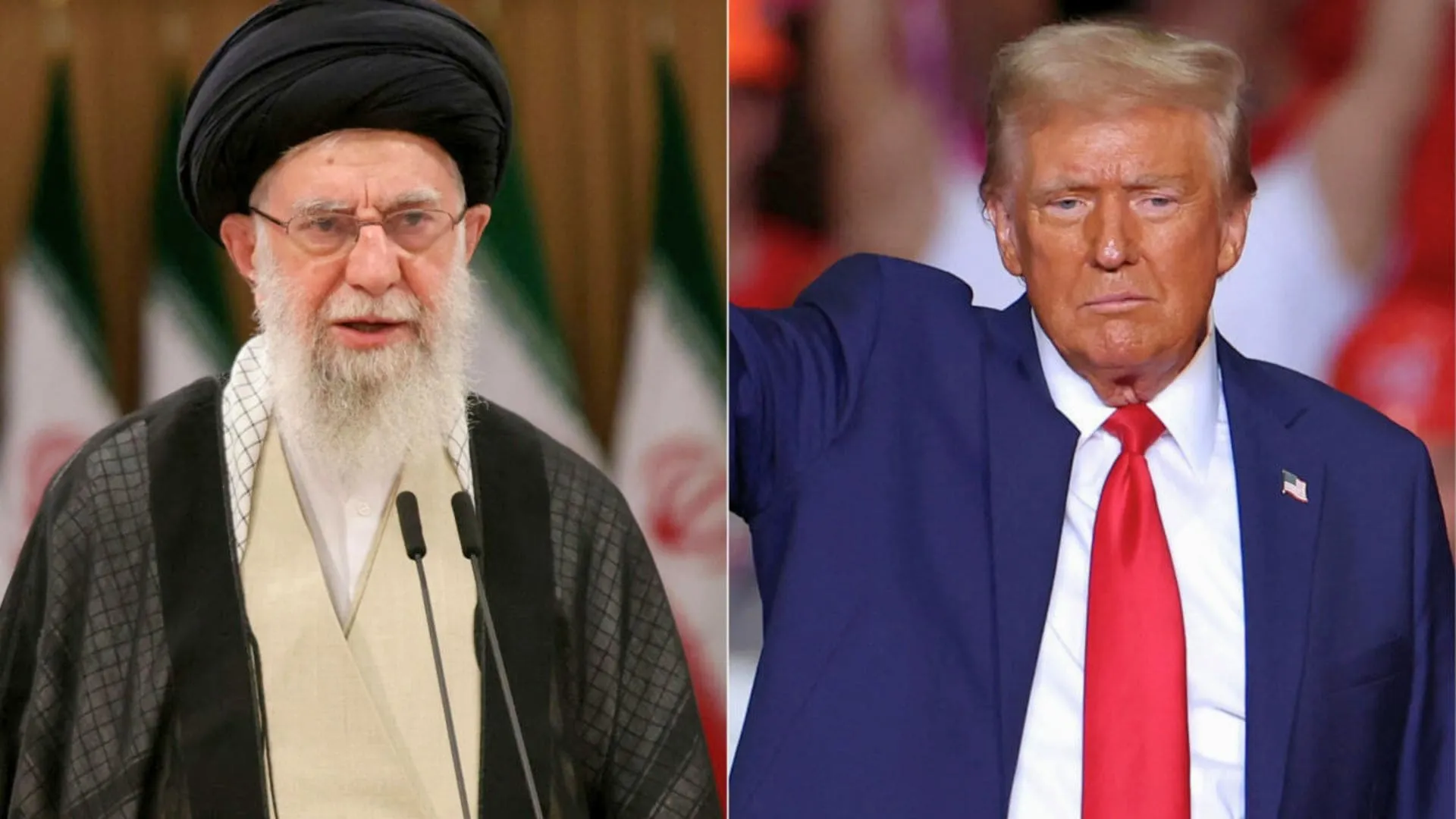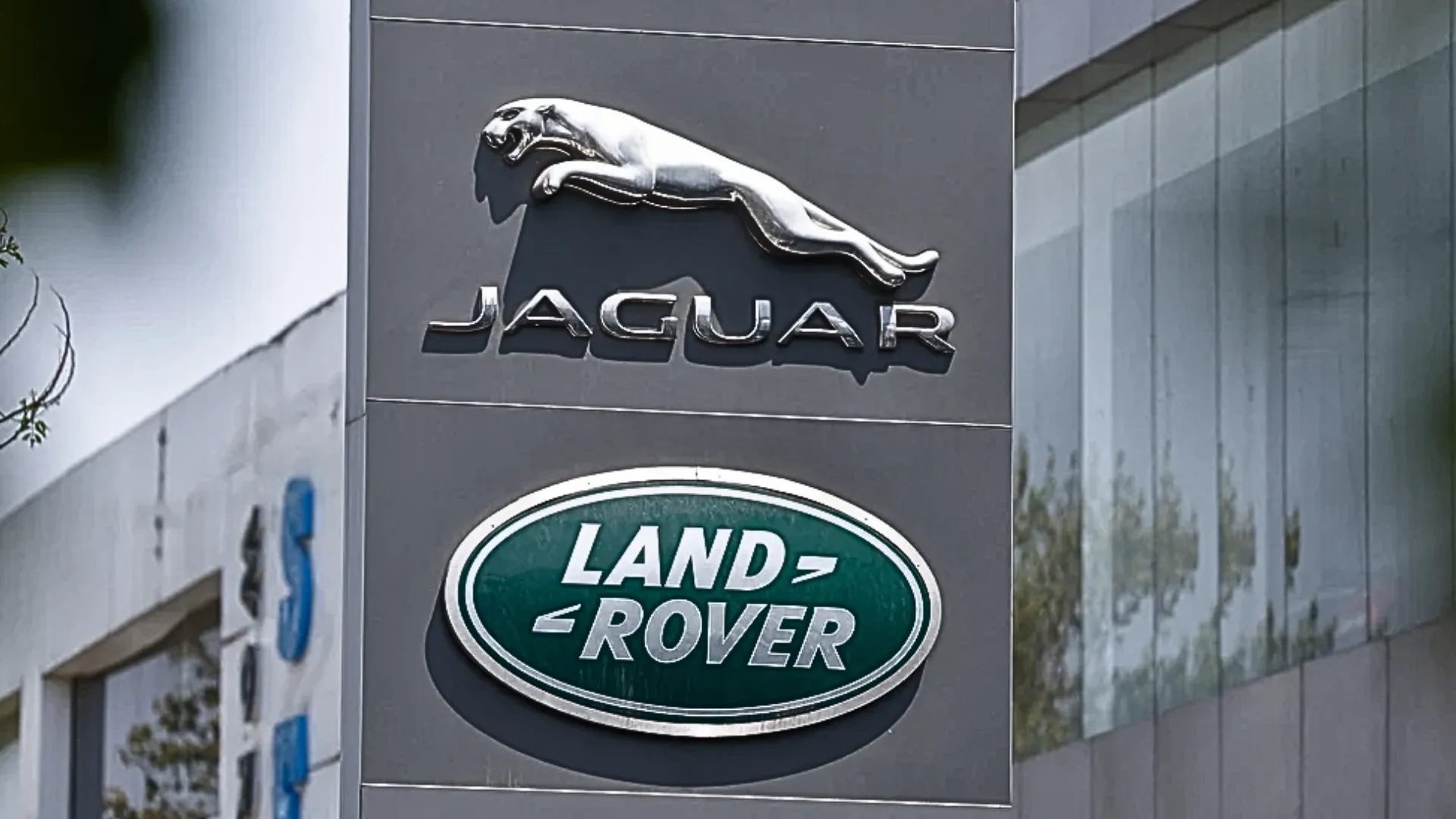A Tesla Cybertruck exploded outside the Trump International Hotel in Las Vegas on Wednesday, igniting a wave of discussions surrounding privacy and control in modern vehicles. While the company’s rapid response to aid law enforcement is being praised, the event has underscored a larger, more troubling trend: car manufacturers’ increasing control over vehicles that drivers assume they fully own.
A Remote Unlocking of the Damaged Vehicle: Privacy Implications
In a surprising move, Tesla CEO Elon Musk remotely unlocked the damaged Cybertruck to assist in the investigation. The company also provided law enforcement with data from Tesla’s charging stations nationwide, allowing authorities to trace the vehicle’s movements. While the cooperation has been recognised as essential to solving what may be a potential car bombing, the incident raises concerns over data privacy and the growing ability of manufacturers to access personal information from their customers’ vehicles.
This incident is a stark reminder that vehicles equipped with advanced connectivity and technology may also come at the cost of privacy and autonomy. Critics argue that such access demonstrates the control Tesla retains over its vehicles, even overriding the owner’s consent in emergency situations.
Surveillance and Control in Everyday Driving
Tesla’s remote access capabilities raise larger concerns beyond emergency situations. The company’s reliance on proprietary systems makes it difficult for independent repair shops to fix vehicles. Furthermore, expensive subscriptions are required for features like “full self-driving,” which are central to Tesla’s business model. There have also been reports of employees misusing onboard cameras to spy on customers, fuelling privacy worries.
Additionally, law enforcement is increasingly turning to Teslas for video footage, using their surveillance cameras as valuable evidence in criminal investigations. Tesla’s extensive data collection not only helps enhance self-driving technology but also generates a significant revenue stream. As the company gears up for robotaxi services, these advancements bring up questions regarding the fine line between user control and manufacturer oversight.
The Growing Trend of Car Surveillance
Tesla’s practices are part of a broader shift in the automotive industry, where connected cars are constantly gathering and transmitting data. This data is shared with law enforcement and, in some cases, monetised by companies through brokers and insurance firms. While Tesla’s help in emergency situations like the Las Vegas explosion might seem justified, it sets a precedent for increased surveillance in less critical situations.
This issue calls to mind previous debates over privacy, such as the battle between Apple and the U.S. government over user data access in the San Bernardino shooting case. Tesla’s proactive involvement in the investigation raises concerns about the future implications of such interventions. Will they become routine, eroding privacy standards over time?
A Wake-Up Call for Tesla Owners and the Automotive Industry
As vehicles become smarter and more connected, the distinction between convenience and intrusion continues to blur. The explosion of the Cybertruck in Las Vegas serves as a wake-up call for Tesla owners and all consumers of modern vehicles to reconsider who truly holds control — not just over their car but also over their data and privacy.
With privacy concerns taking center stage, it is becoming increasingly clear that the role of car manufacturers in surveillance and data collection is something that requires careful scrutiny as the automotive industry embraces the future of connected vehicles.

